There are many health benefits of zinc. Zinc is an essential mineral because it aids in overall immune support, thyroid health, and cell repair. Zinc helps bolster cells’ defense against harmful bacteria and viruses. Additionally, the body needs zinc to make proteins and DNA.
Because zinc is a trace mineral, the human body doesn't need a large stockpile of it to function. However, since it can be difficult to regularly incorporate sources of zinc into your daily diet, using zinc supplements is beneficial. Phytage Laboratories provides a wide range of supplements targeted at overall health and specific conditions such as varicose veins, immune health, and cellular health.
Because of its versatility, zinc is one of the main ingredients we use in our products. Another benefit to our products is their ability to promote overall health in individuals. For example, if you use our Varicose 911 supplement, which utilizes zinc for varicose veins, you can support a healthy immune system all by using the same supplement.
Read on to discover the many zinc health benefits and how it can play an integral role in leading a happy, healthy life.
Zinc and the Immune System
By far, one of zinc’s most apparent benefits centers around the effects it has on an individual’s immune system. Zinc is a vital component of cell development and function because it mediates your innate immunity, regulates cytokine production, and prevents intracellular killing. Through these processes, zinc can potentially protect people from developing potentially fatal conditions, such as pneumonia, or COVID-19. Zinc is so effective at promoting a healthy immune system that you'll often find zinc lozenges, which can help alleviate cold symptoms. Zinc can also be in treatments for the common cold.
Research suggests that older people and children in developing countries are at a higher risk of infection, in part, because of their low zinc levels. Studies have found that those with zinc deficiencies suffered a higher mortality rate than those without a zinc deficiency. Other research also indicates that zinc deficiencies in developing countries can cause pregnancy complications, low birth weights, maternal and infant morbidity and mortality, and growth failure.
Zinc and Thyroid Health
Zinc and other elements such as copper are required for thyroid synthesis. Deficiency in these hormones can result in a condition known as hypothyroidism. Hypothyroidism can cause a lowered metabolism and weight gain.
Many zinc supplements come with natural supplements such as ashwagandha. Other essential ingredients for thyroid health include iodine, vitamin A and D, magnesium, and selenium.
If you’re worried about your thyroid health, you should schedule an exam with a doctor to check for abnormalities in its shape or size. If you notice any symptoms of hyper or hypothyroidism, you should schedule a consultation immediately.
A simple blood test can determine your hormone levels and confirm whether you have hyper or hypothyroidism. Your doctor will recommend treatment depending on your condition. Ask them about taking supplements.
Zinc and Wound Healing
Zinc is an essential micronutrient that assists in the body’s wound-healing process. It aids in every stage of the process: starting with membrane repair and ending with fibrosis (scarring) formation. It improves coagulation response, inflammation defense, and its immune support properties protect against infection.
Defends Against Age-Related Diseases
Taking zinc supplements can help you defend against some age-related diseases, such as pneumonia, common infections developing into severe infections, and age-related macular degeneration (AMD).
By boosting T-cells and natural killer cells, zinc boosts your influenza vaccination response, reduces your pneumonia risk, and increases your cognitive performance. One study yielded exceptional results, showing that 45 mg of zinc per day decreased infection rates in 66% of older adults.
Vision Health
In addition to the immune system benefits, your retina has high amounts of zinc. Zinc facilitates vitamin A’s creation of melanin, a pigment that helps protect your eye. Zinc deficiency can make it more difficult to see at night. However, zinc supplementation won’t necessarily improve your vision, especially if you have underlying problems related to zinc deficiency.
A large study of over 4,200 people taking antioxidant supplements (vitamin E, vitamin C, and beta-carotene, and 80 mg of zinc) concluded that those who took supplements experienced decreased vision loss and significantly reduced their risk of AMD.
Potentially Treats Acne
Because of zinc’s anti-inflammatory properties, evidence suggests that it can suppress the P. acnes bacteria responsible for excessively oily glands. Another study found that people with high levels of zinc tended to have less severe acne scarring.
Decreases Inflammation
Zinc has anti-inflammatory properties due to its effect on oxidative stress. Oxidative stress is the imbalance between free radicals and antioxidants in your body. Because zinc reduces oxidative stress within your body, it also reduces chronic inflammation, which contributes to many health problems such as heart disease and cancer.
Zinc and the Memory
A study published in the journal Neuron found that zinc has a crucial role in how neurons communicate with each other. It revealed that zinc might have a significant impact on memory and learning function.
Zinc and Fertility
Studies have shown that mild zinc deficiencies may have a link with low sperm quality. A study in the Netherlands found that subjects experienced a higher sperm count after using zinc sulfate and folic acid supplementation.
Zinc Deficiency Symptoms
Zinc deficiency is rare, but it can occur in people with genetic mutations, infants breastfeeding from mothers who have zinc deficiencies, people with alcohol addictions, and anyone taking immune-suppressing medications.
Severe zinc deficiency symptoms:
- Impaired growth
- Skin rashes
- Chronic diarrhea
- Impaired wound healing
- Behavioral issues
- Decreased sense of taste and smell
Mild Zinc Deficiencies
Mild zinc deficiencies are more common than severe zinc deficiencies because most people in developed countries can obtain essential zinc from their diets. However, mild zinc deficiencies often occur in people who don’t eat healthy diets. An estimated 2 billion people worldwide suffer from zinc deficiencies due to dietary reasons.
People most at risk of developing a mild zinc deficiency:
- People with gastrointestinal diseases
- Vegetarians and vegans
- Pregnant and breastfeeding women
- People with sickle cell anemia
- People with chronic kidney diseases
- Those who abuse alcohol
Mild zinc deficiency symptoms include:
- Diarrhea
- Lowered immunity to common infections
- Thinning hair
- Decreased appetite
- Mood disruptions
- Dry skin
- Fertility issues
- Altered wound healing
Because your body retains zinc, determining whether you have a zinc deficiency can prove challenging—your body’s reluctance to release zinc results in many false negatives.
Doctors also suggest that those with poor diets and certain genetic factors can present risks for zinc deficiencies.
Toxicity and Dosage
As with any supplement or nutrient: “everything in moderation” is an advisable stance to take. Both zinc deficiencies and excessive intake can lead to adverse side effects. Too much zinc can cause both acute and chronic symptoms.
Zinc toxicity symptoms:
- Nausea
- Diarrhea
- Abdominal cramps
- Headaches
- Reduced immune function
- Decreased HDL cholesterol levels — the good cholesterol
Chronic excessive zinc suggestion may interfere with your body’s absorption of copper and iron. Even people consuming moderately high doses of zinc for more extended periods have reported reductions in their copper levels.
Zinc’s Recommended Dosages
To keep healthy consumption levels, avoid high-level doses of zinc unless a doctor recommends doing so. Your daily zinc intake shouldn’t exceed 11mg for men and 8 mg for adult women.
Tolerable levels of zinc hover around 40 mg per day. However, if you have a zinc deficiency, you may need to increase your zinc consumption.
Zinc Has Many Health Benefits (Take a Supplement to Reach Your Appropriate Zinc Level)
Because you need zinc for DNA synthesis, immune function, metabolism, and growth, taking supplements with zinc can help you respond to your current health concerns.
Phytage Laboratories provides a selection of supplements with zinc, including Thyroid Rescue 911, Varicose 911, and Urgent Cell Repair. Thyroid Rescue 911 provides people with a balanced thyroid function approach, while Urgent Cell Repair supports a healthy immune system.
Phytage’s zinc supplement benefits are manifold, able to support your cell repair, varicose repair, and thyroid function. Our products provide detailed ingredients and can help you achieve a healthy diet and vitamin regimen you need to feel energized and empowered.

 Cart
Cart


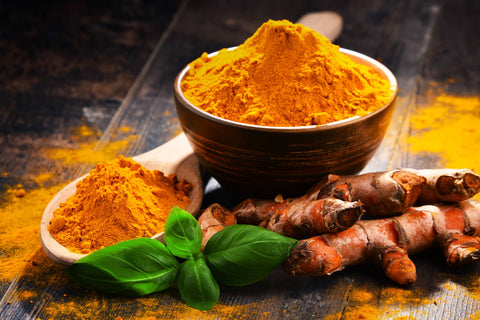

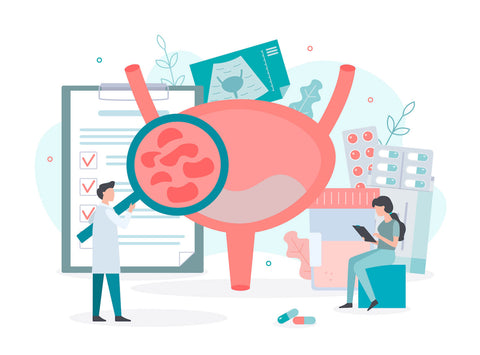



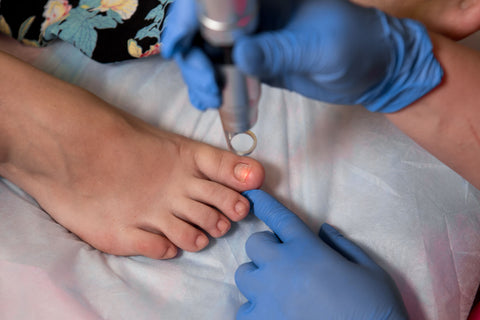
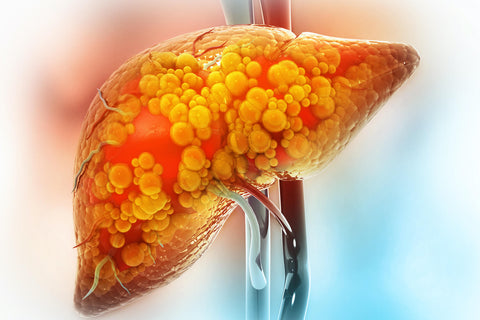


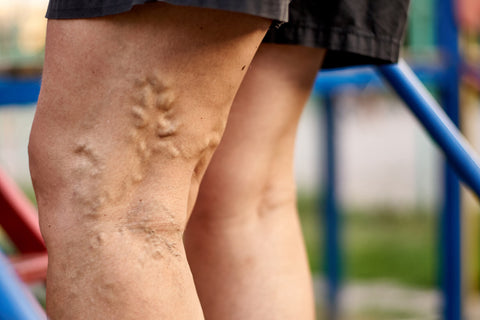


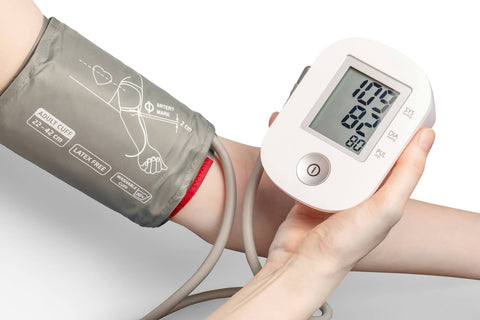

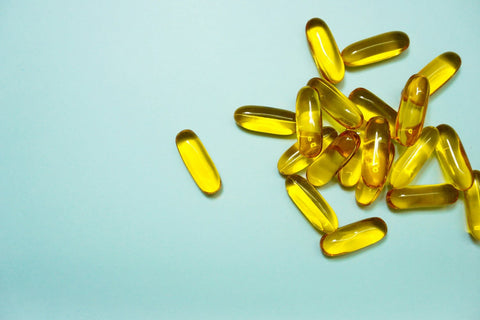
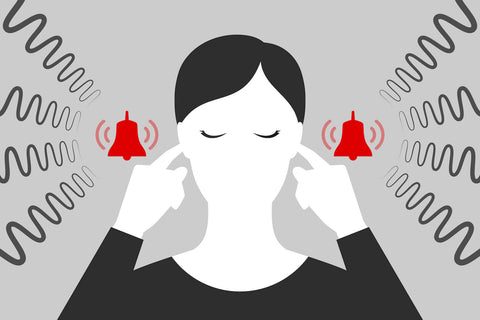


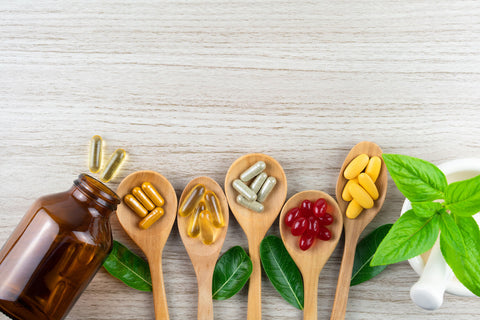
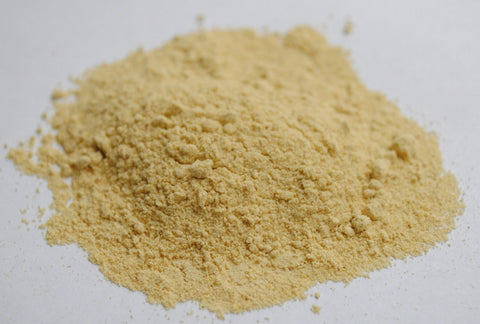
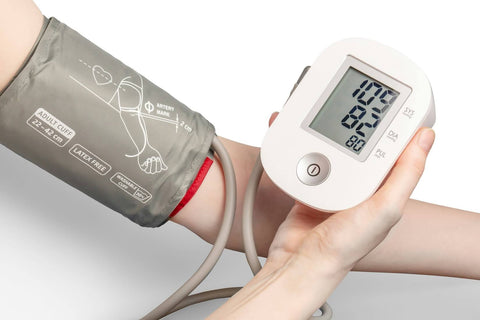
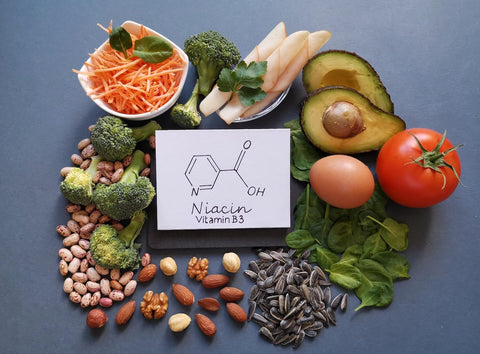



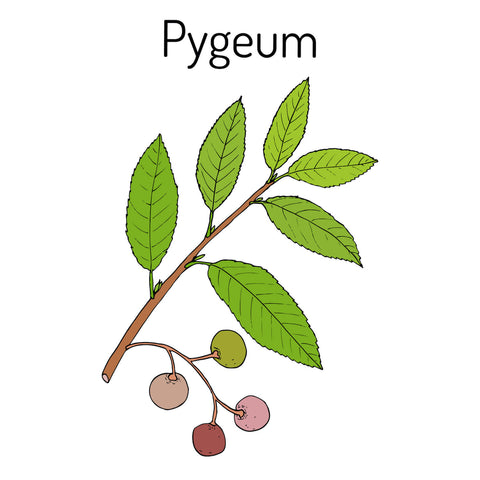
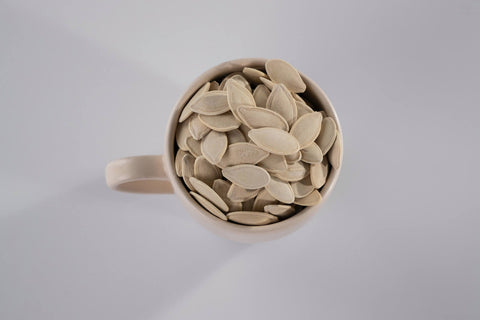







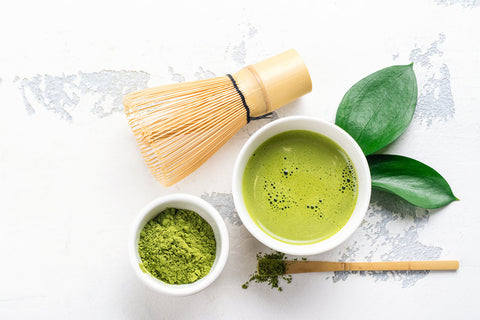








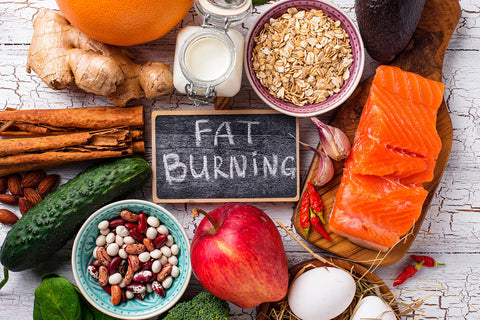





 1-800-822-5753
1-800-822-5753
